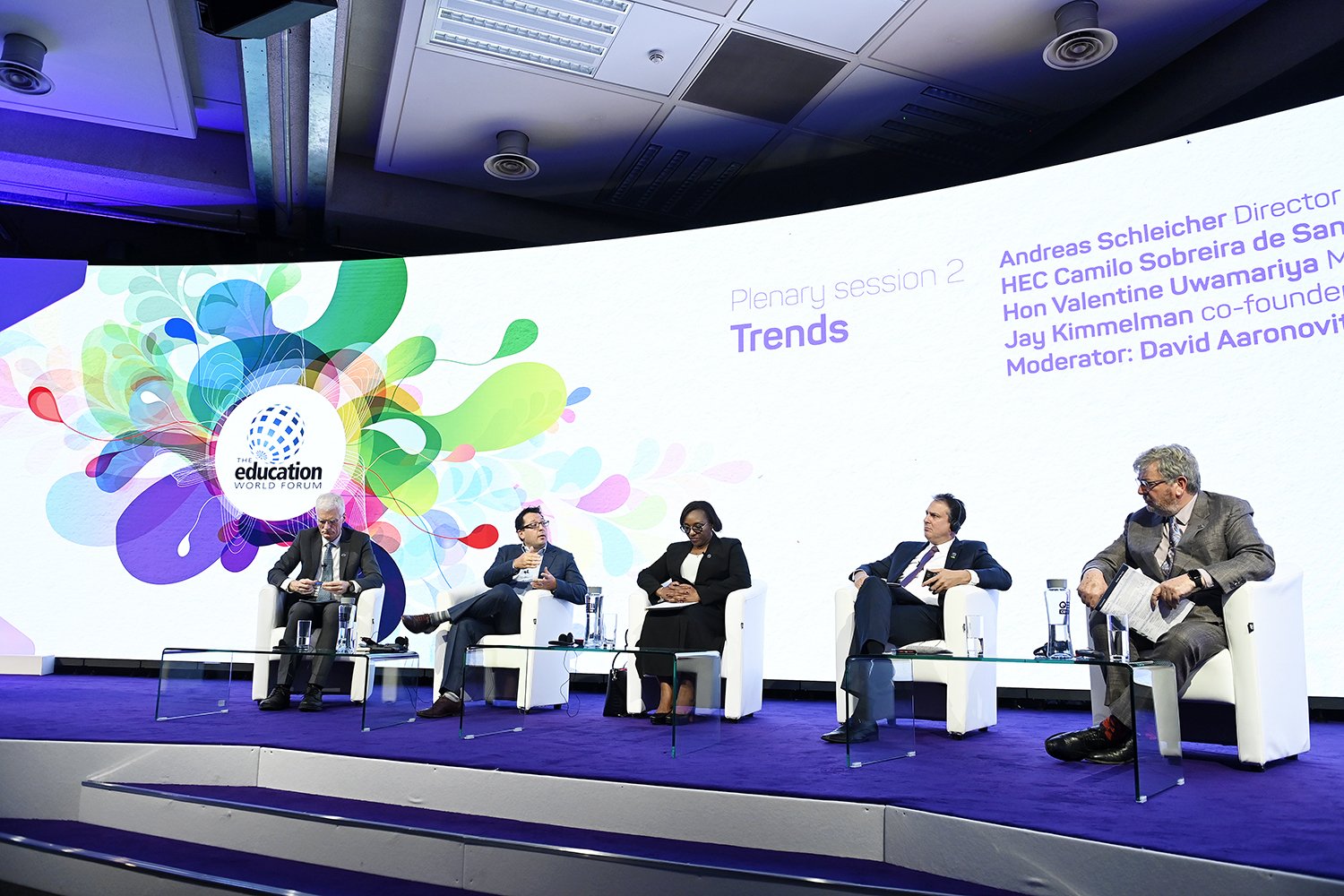SES AI and Worcester Polytechnic Institute launch initiative to develop Li-Metal battery recycling technology
SES AI, a developer and manufacturer of Li-Metal batteries, has announced the funding of a new research initiative at Worcester Polytechnic Institute (WPI) focused on developing recycling technology for lithium metal.
The project will be led by Dr. Yan Wang, the William Smith Foundation Dean's Professor of Mechanical & Materials Engineering at WPI.
The project addresses the lack of recycling technology for Li-Metal batteries, which are necessary to reduce the shortage of raw materials and environmental degradation.
The planned technology aims to develop a closed-loop process that safely recovers battery materials, allowing them to be reused in the manufacturing of new Li-Metal batteries.
Qichao Hu, founder and Chief Executive Officer of SES AI said about the project:
“We are thrilled to collaborate with WPI, Professor Wang and his team of experts on this initiative to develop a critical new battery recycling technology that will allow SES AI to implement a more sustainable and efficient approach to battery manufacturing.”
“Not only will this allow us to create a more environmentally friendly process, but it will also enable us to use recycled materials that will outperform the current commercial materials we use.”
Professor Wang is known for his research in materials for energy storage applications, including lithium-ion batteries, supercapacitors, flow batteries, and battery safety and recycling. His research efforts at WPI have contributed to advancements in these areas.
Professor Wang said:
“I feel honoured and excited to work with SES AI, a global leader on Li-Metal battery recycling. “With the adoption of Li-Metal batteries, it is critical to develop recycling strategies to recycle such batteries in order to enable the supply chain and reduce the environmental impacts.
“With my experience and expertise on Li-ion battery recycling, I am confident that we will develop a solid strategy for the end-of-life Li-Metal batteries.”









